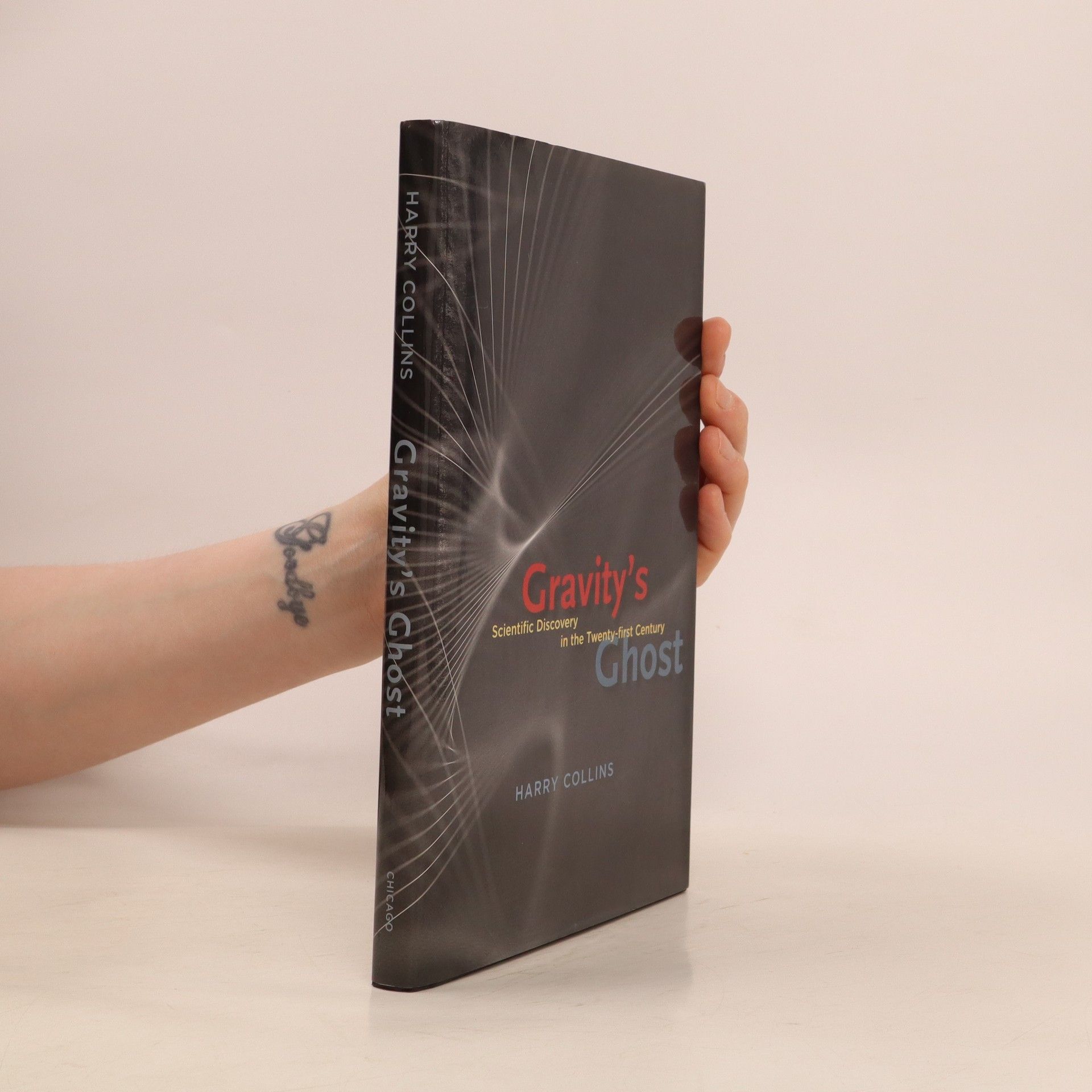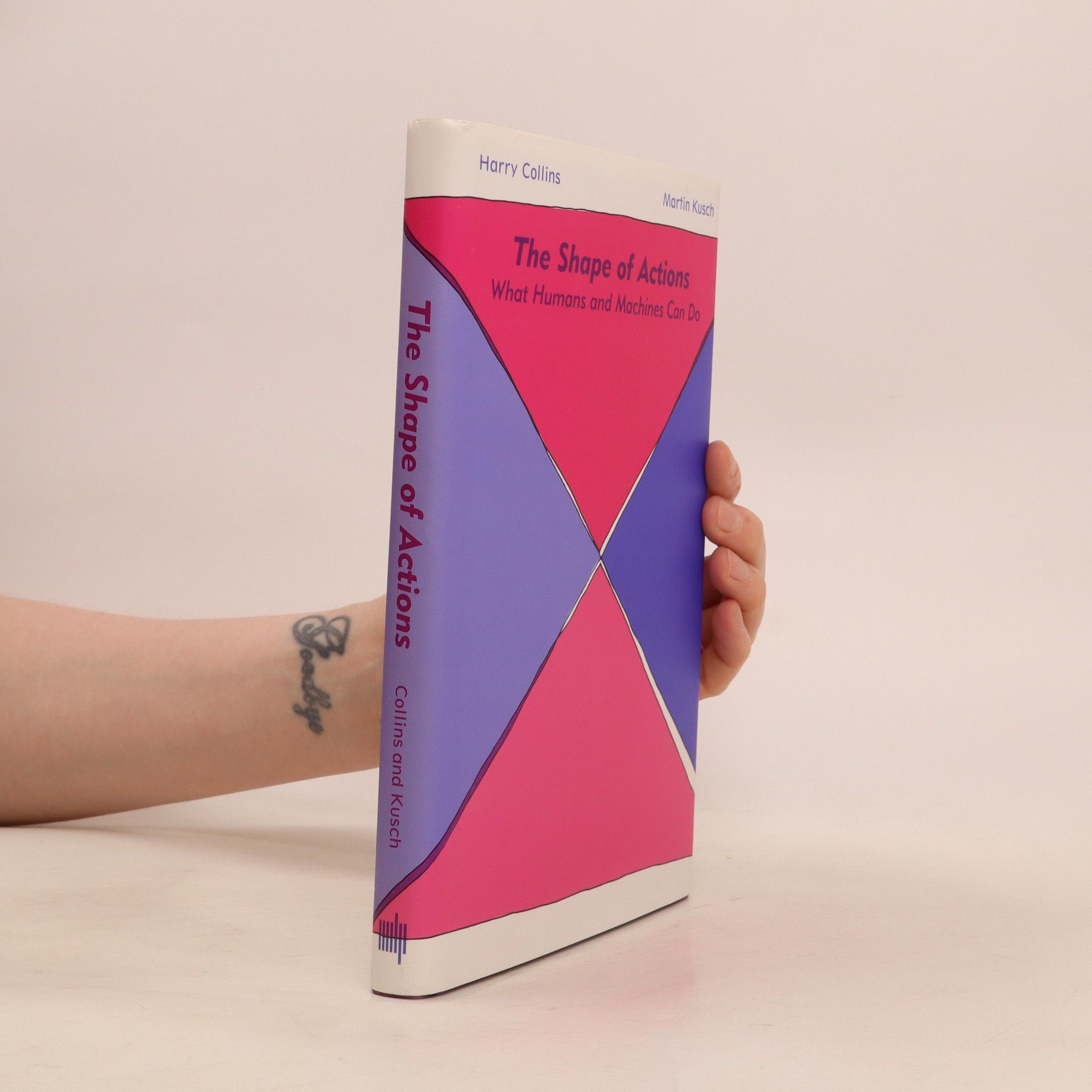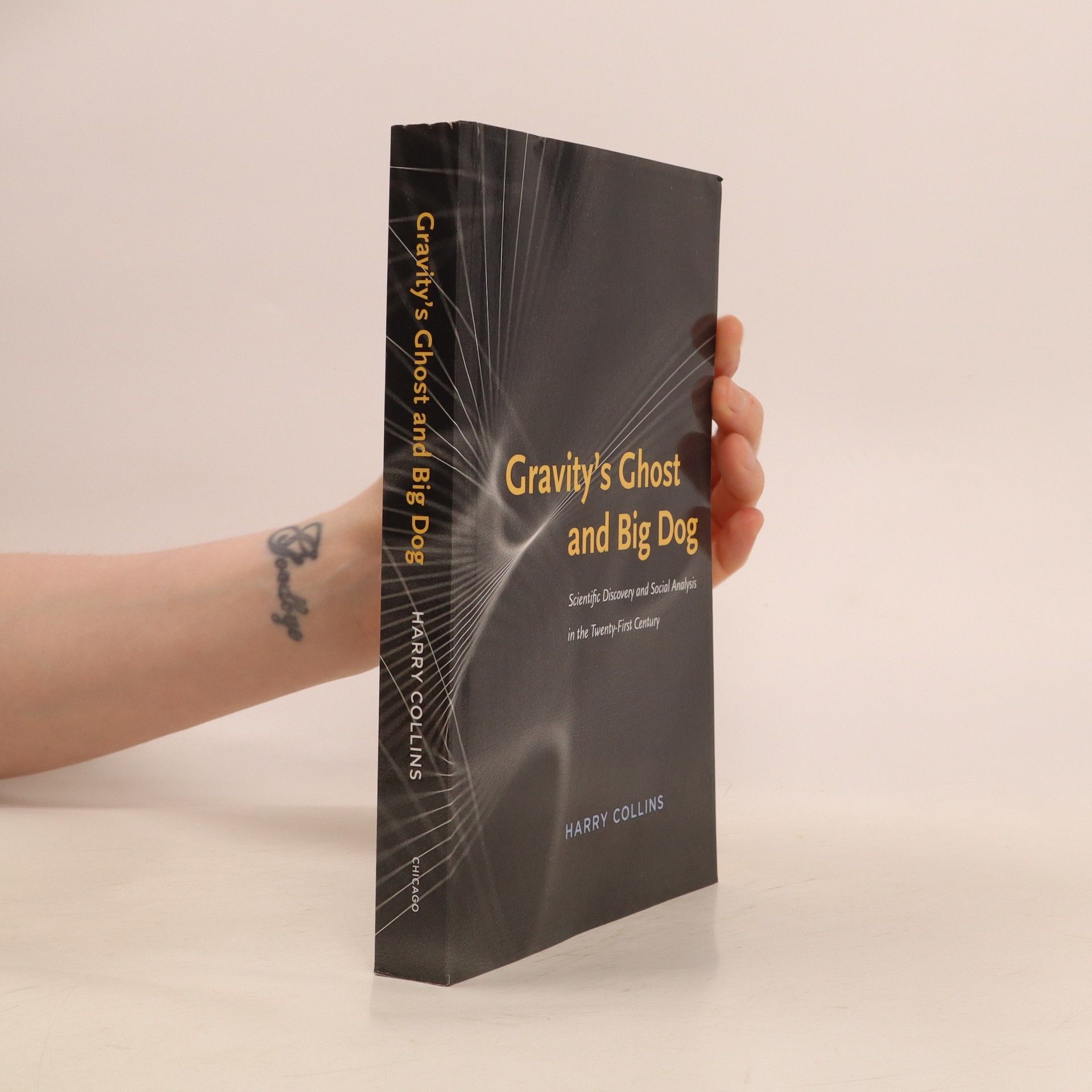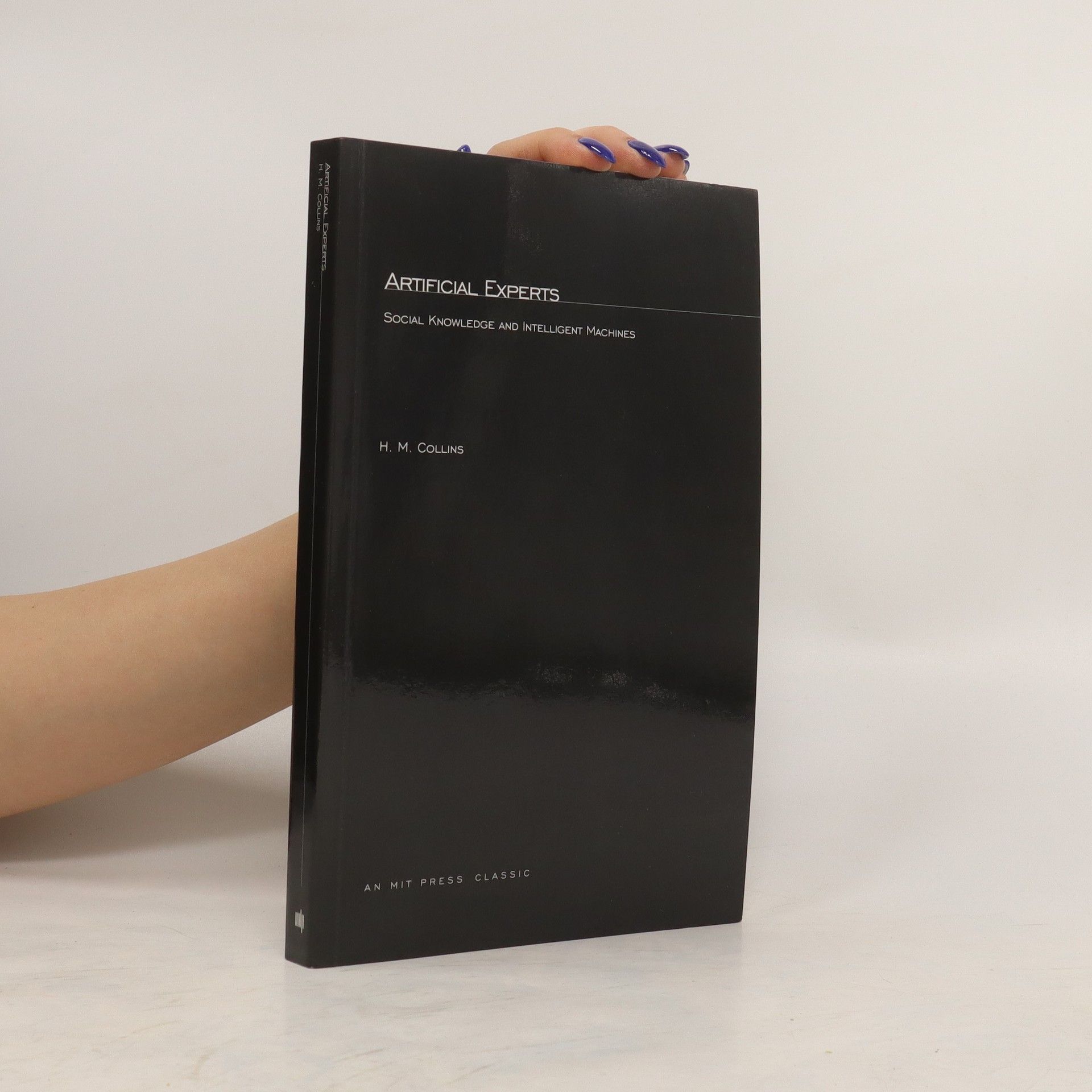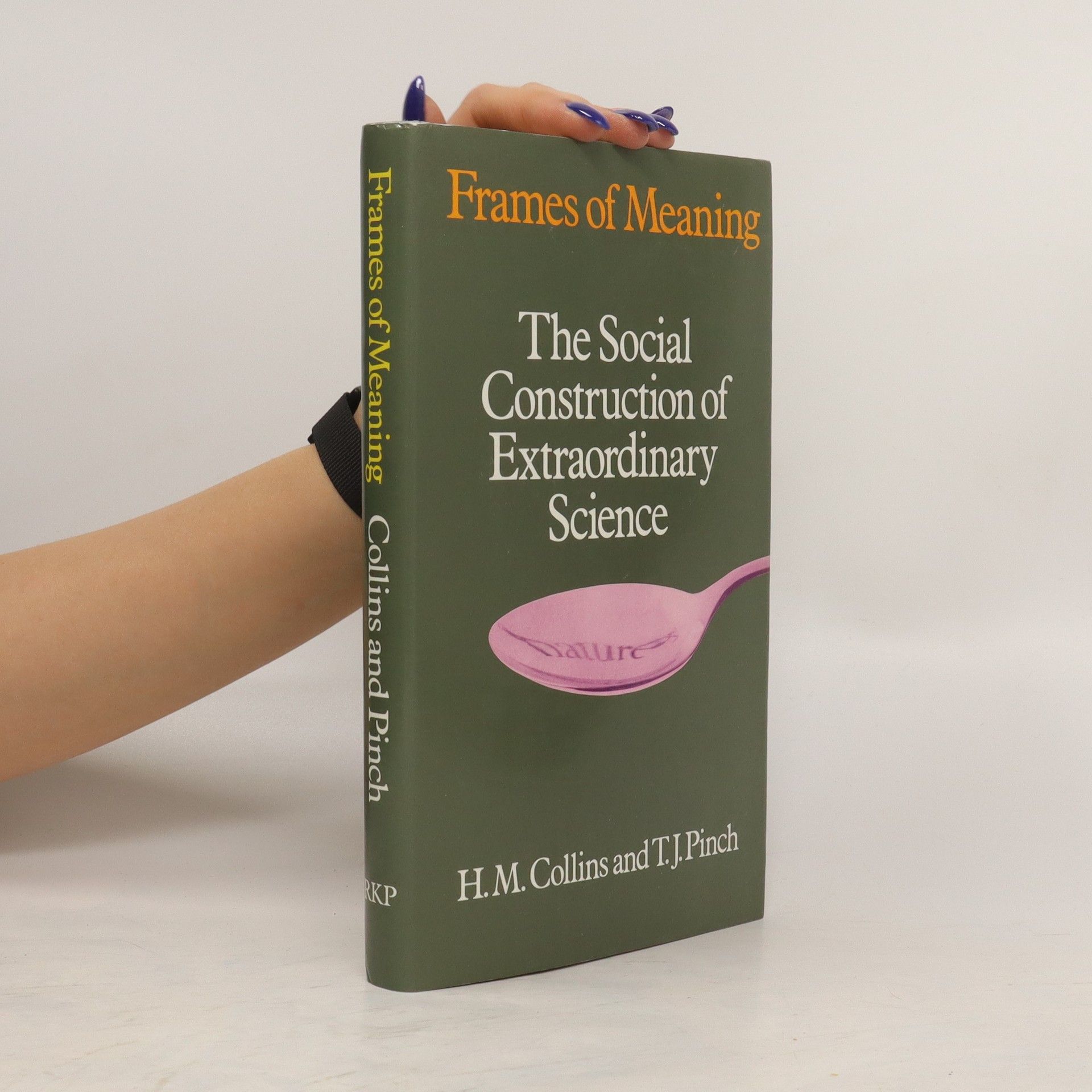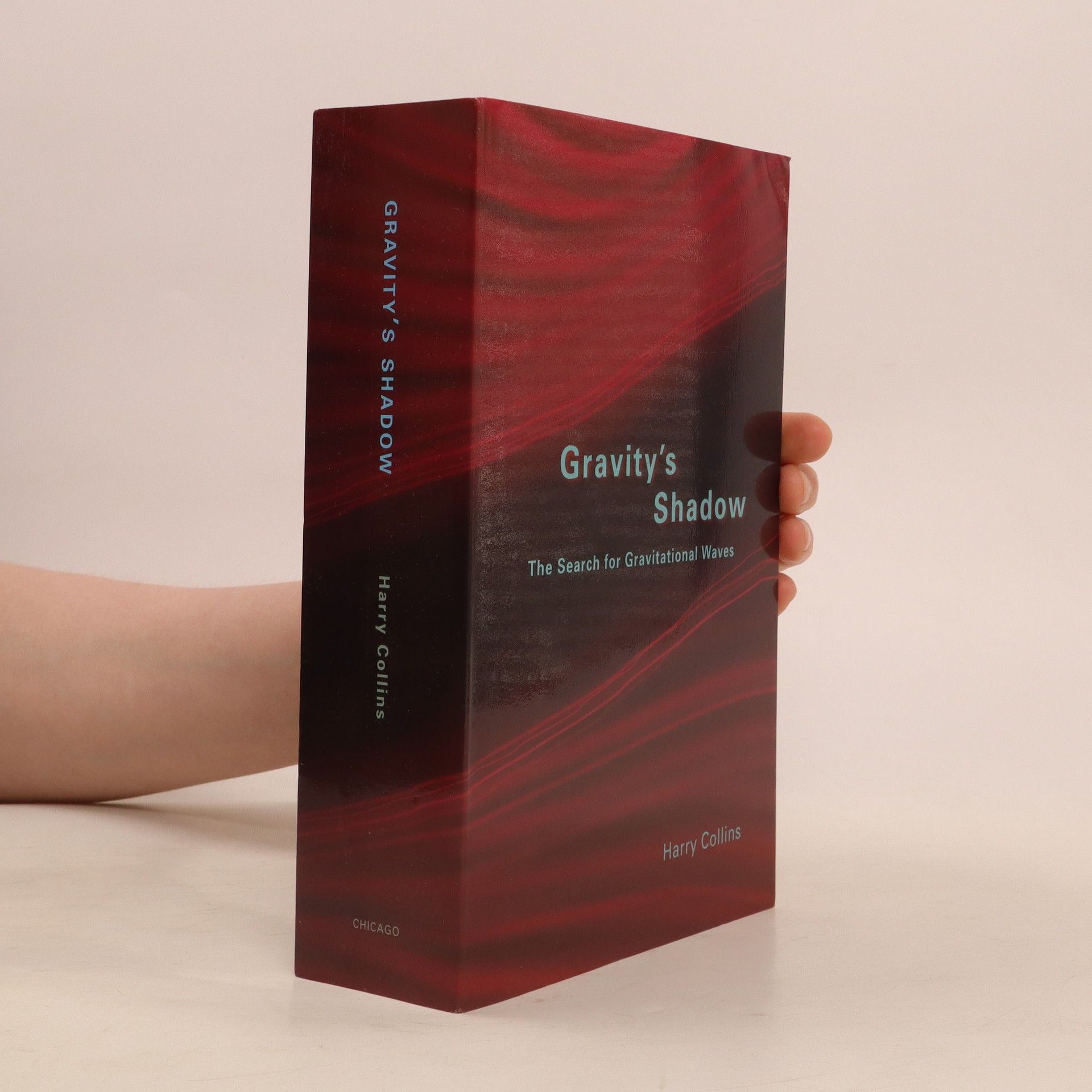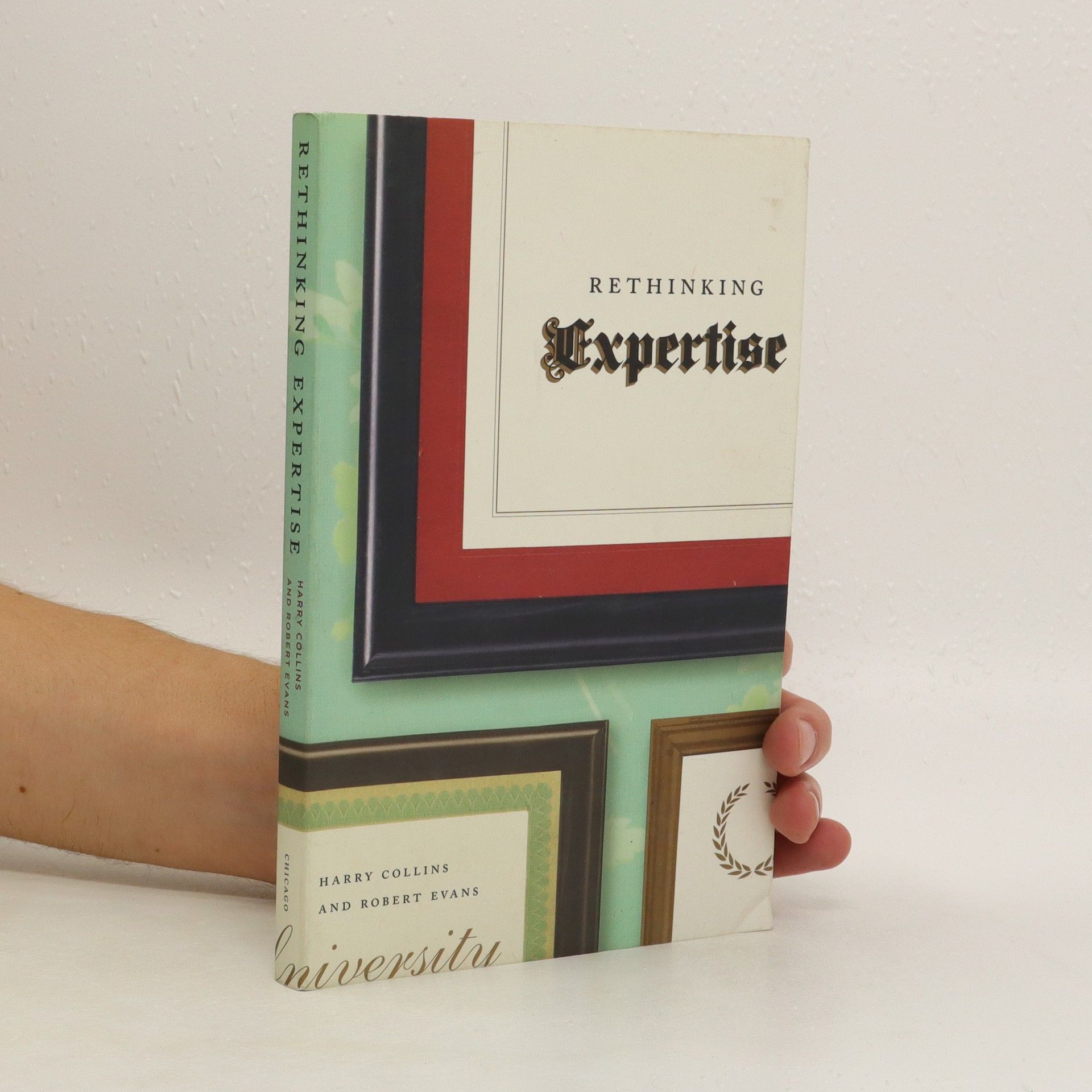Jsme dnes všichni vědečtí experti?
- 126 stránok
- 5 hodin čítania
Harry Collins, emeritní profesor na University v Cardiffu a klasik „nové sociologie vědy“, v této populární knize rozlišuje různé typy „expertství“ v současných demokratických společnostech. Odpovídá na otázku, zda se všichni mohou považovat za (vědecké) experty, a dochází k závěru, že ne, alespoň ne všichni za experty stejného druhu. Kniha slouží jako obrana vědy a její specifické epistemické kompetence v době, kdy je její autorita oslabena různými sociálními mechanismy i vlastními vědeckými neúspěchy. To může působit paradoxně, protože sociologie vědy byla často vnímána jako disciplína, která přispěla k oslabení autority vědy. Collinsova analýza „expertství“ je vedena skrze výklad principů sociologie vědeckého poznání a zahrnuje výzkumné oblasti jako pandemie AIDS, skepse vůči očkování, detekce gravitačních vln a klimatická změna. Collins obhajuje sociologii vědeckého poznání jako disciplínu, která není protivědecká, i když byla kritická vůči idealizovanému obrazu vědy. Kniha je přístupná, nevyžaduje žádné zvláštní znalosti a je strukturována do čtyř hlavních částí. Může oslovit čtenáře zajímající se o současná společenská témata i studenty sociálních věd, kteří hledají úvod do sociologie vědeckého poznání.
